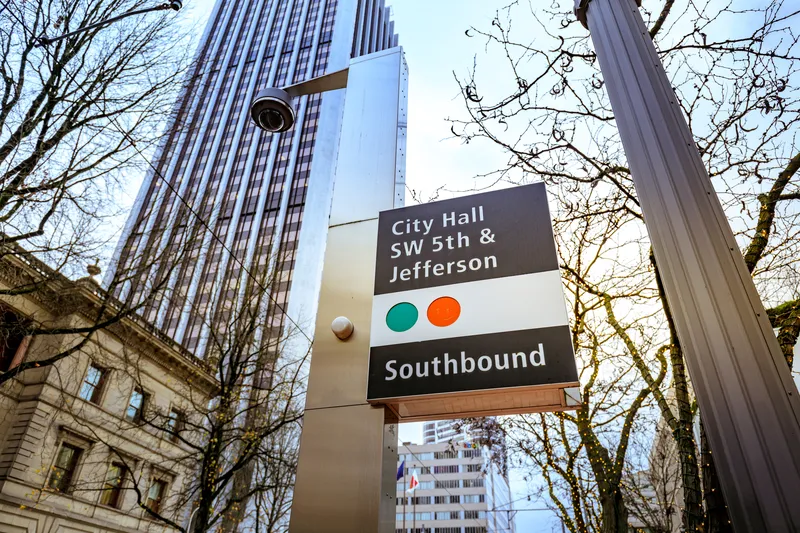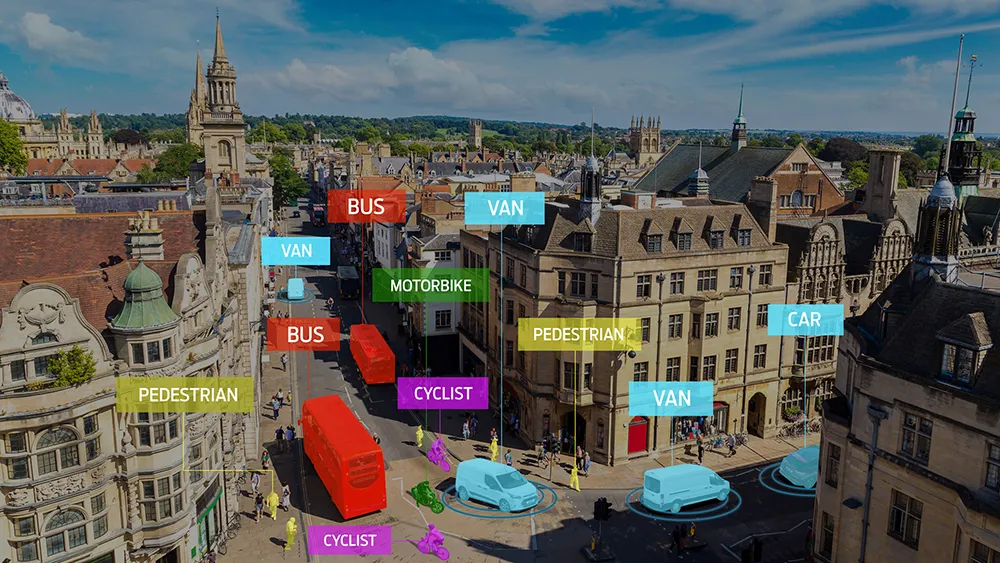
TriMet, mass transit services provider for Portland, Oregon, is linking up with intelligent connected traffic technology supplier Lyt to deploy the latter’s transit signal priority software.
Lyt.transit will be used as part of TriMet’s Division Transit Project (DTP) to allow traffic signals to prioritise bus travel, improving timing and reliability for transit riders.
Lyt’s technology is now installed at 58 intersections and the entire DTP will begin moving passengers on 18 September.
TriMet provides bus, light rail, commuter rail transit and paratransit services in the Portland metro area.
DTP is paving the way for larger buses to move more efficiently and reliably at frequent service intervals, enabling riders to reach their destination faster and on time. Overall traffic flow in the area will also be improved.
A 2020 survey of global traffic congestion listed the Portland metro area as the 14th worst in the US and 115th worst worldwide. Portland area commuters typically lost 27 hours stuck in traffic during 2020.
“Our goal is to improve the way people move through our cities while improving safety and reducing congestion for communities,” said Lyt founder and CEO, Timothy Menard.
“By adopting Lyt’s solutions, agencies like TriMet can leverage artificial intelligence, machine learning technologies, and real-time information and analytics to improve the intelligence of their operation, benefiting travellers and residents alike.”
Once completed this autumn, DTP will speed up bus service with larger buses, more frequent service and the newer transit signal priority system between downtown Portland, east Portland and the suburb of Gresham.
“Lyt has completed setup and we are now beginning operational training and testing along the Division Street corridor,” said AJ O’Conner, TriMet’s director, ITS.
LYT’s AI-powered machine learning data enables a suite of transit signal priority solutions that use pre-existing transit tracking sensors and city communication networks to dynamically adjust the phase and timing of traffic signals to provide sufficient green clearance time while minimally impacting cross traffic.








